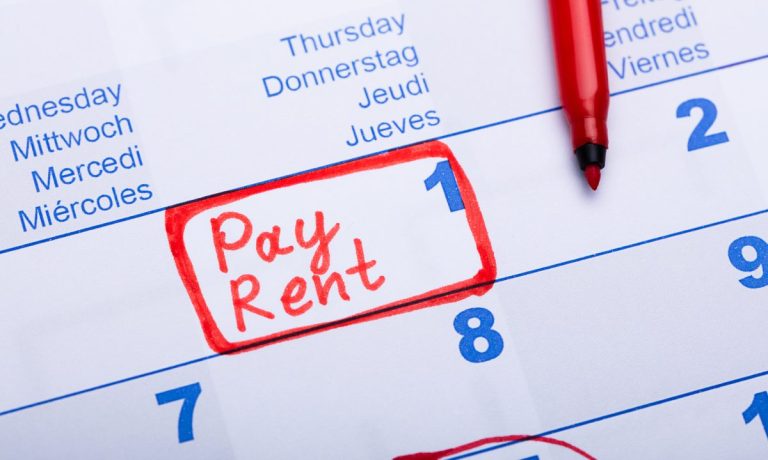
Stake, which provides cash back and banking services for renters, has completed a Series A funding round and come away with $12 million, according to a Thursday (June 30) press release.
The company’s services allow renters to earn cash back when they do things like signing a lease and paying rent, letting them save money. This comes as over 44 million households in the U.S. pay rent every month, and the prices have gone up 150% from 1985 to 2020, per the release.
Stake was originally founded in 2018 as a way to help renters out with several issues, including curbing pain points for building owners, boosting lease-ups, cutting economic vacancy and boosting maintenance and ancillary revenue.
“Renters don’t need more debt or loans,” Stake co-founder and CEO Rowland Hobbs said in the release. “What renters need is money to help with everyday essentials and to establish long-term savings. With Stake, we have reimagined the classic ‘rainy day fund’ for renters to build the sort of wealth traditionally associated with home ownership. Now, their largest expense is also their largest source of savings.”
The round was led by RET Ventures, which selected Stake as one of its first investments for its environmental, social and governance (ESG) fund.
Other participants included Enterprise Community Partners, which has helped create or preserve 873,000 homes since 1982, and Hometeam Ventures, Operator Stack and Second Century Ventures — the last of which is the investment arm of the National Association of Realtors.
In May, PYMNTS wrote that the Joint Center for Housing Studies of Harvard University (JCHS) said rentals have been increasing in price amid market shortages.
Read more: Faced With Soaring Costs, Tight Supply, Renters Tap Crowdsourcing, Government Aid
JCHS’ “America’s Rental Housing 2022” report said there had been a rental vacancy rate of 5.8%, the lowest number since the mid-1980s.
The report also said “strong demand” had helped increase rents, and the asking rents for all professionally-managed apartments had spiked in the third quarter last year.
Because of all of this, some people have been turning to crowdfunding to help pay their rents. The report found that fundraising campaigns related to “basic housing” needs were up 327% since May of last year.